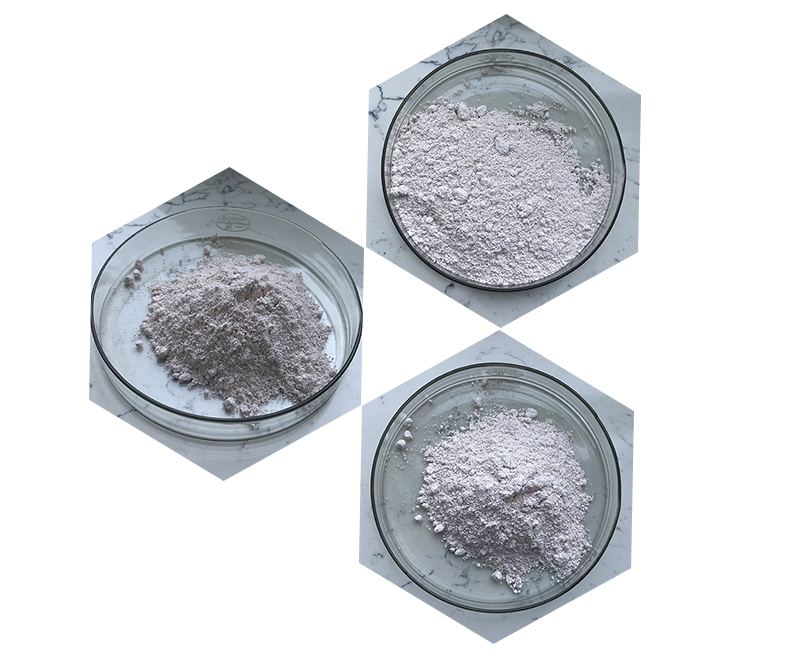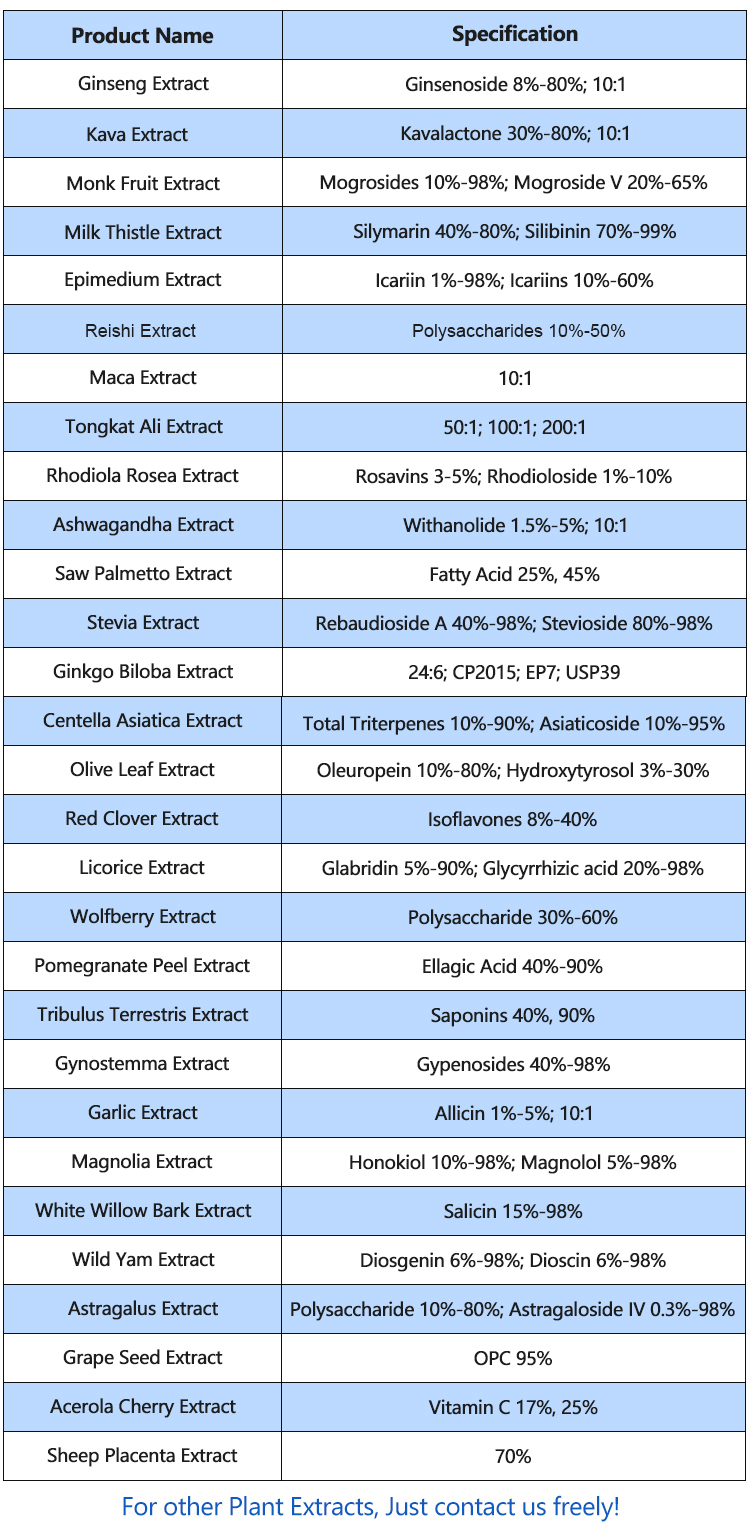EGCG (epigallocatechin gallate) is a type of catechin, which is a class of flavonoids found in green tea. It is known for its potential health benefits, including antioxidant and anti-inflammatory properties. Here are some common methods of extraction and sources of EGCG:
Extraction Methods:
Water Extraction: One common method is to extract EGCG from green tea leaves using water. This process involves soaking the leaves in hot water, allowing the water-soluble compounds like EGCG to be released.
Organic Solvent Extraction: EGCG can also be extracted using organic solvents such as ethanol or methanol. This method is more efficient in extracting a higher concentration of EGCG.
Supercritical Fluid Extraction: This method uses supercritical carbon dioxide as a solvent. It is a more advanced and environmentally friendly technique that avoids the use of harmful organic solvents.

Sources of EGCG:
Green Tea: The primary source of EGCG is green tea, particularly Camellia sinensis. Green tea leaves contain a high concentration of catechins, with EGCG being the most abundant.
Supplements: EGCG is also available in supplement form. These supplements are often standardized to contain a specific percentage of EGCG. However, it’s important to use caution and follow recommended dosages, as excessive intake may have adverse effects.
Laboratory Analysis:
HPLC (High-Performance Liquid Chromatography): This technique is commonly used to analyze and quantify the amount of EGCG in a sample. It separates and identifies compounds based on their interactions with a liquid mobile phase.
Mass Spectrometry: Mass spectrometry is employed to determine the molecular weight and structure of EGCG, providing detailed information about its composition.

Potential Biological Methods:
Cell Culture Studies: Researchers often use cell culture models to study the effects of EGCG on cells. This helps understand its potential anti-cancer, antioxidant, and anti-inflammatory properties.
Animal Studies: In vivo studies involving animals provide insights into the physiological effects of EGCG. These studies help researchers understand how EGCG behaves in living organisms.
It’s important to note that while EGCG has shown promise in various health aspects, further research is ongoing to fully understand its mechanisms of action and potential therapeutic applications. As with any compound, it’s advisable to consult with healthcare professionals before using it as a supplement, especially in concentrated forms.
